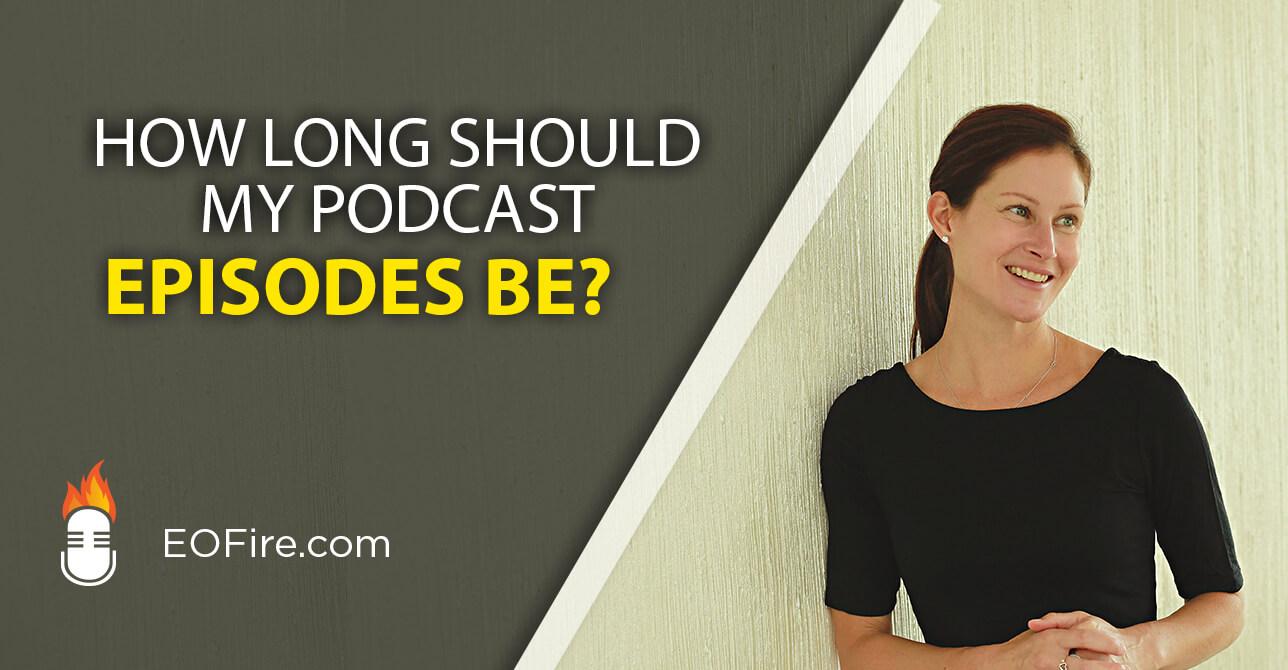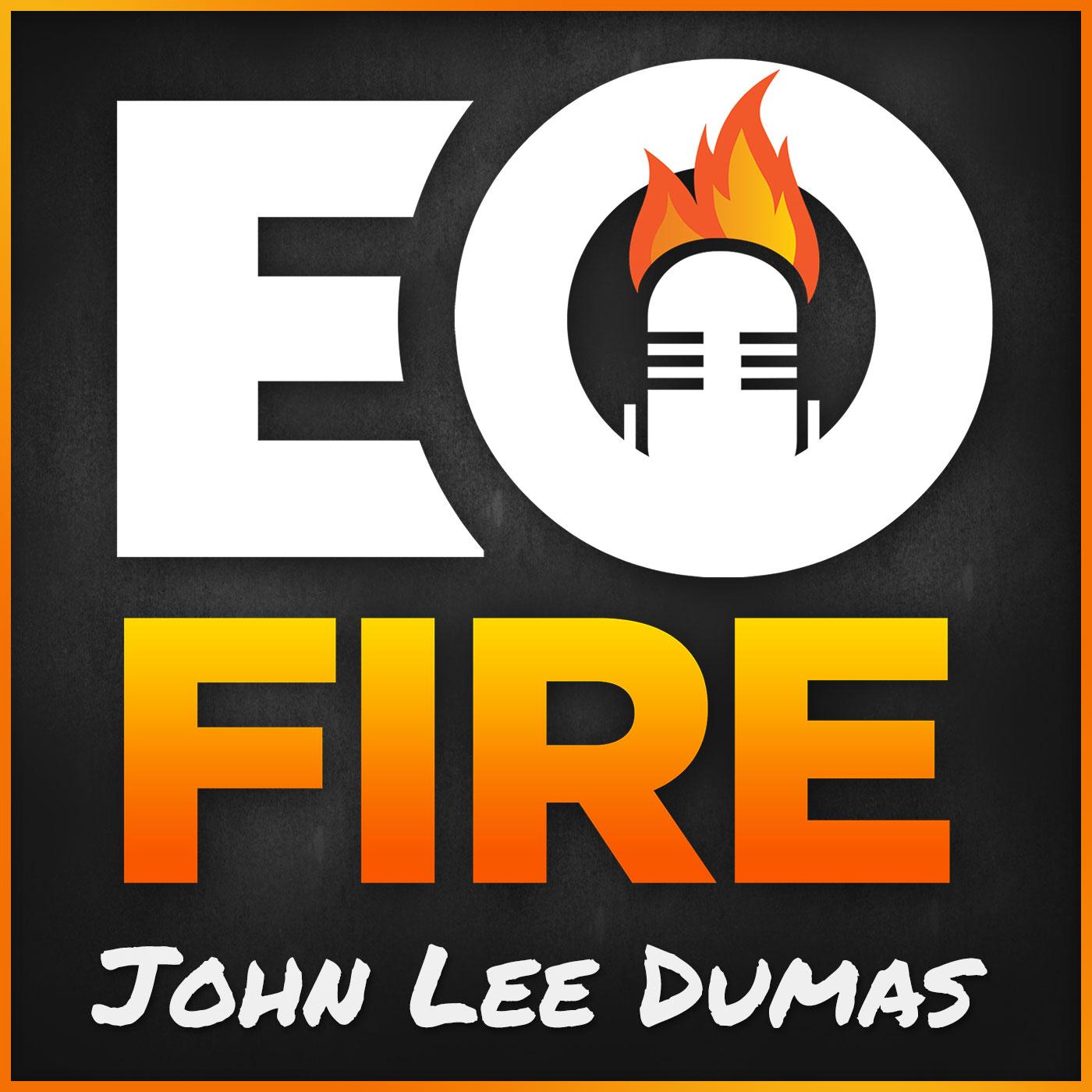 There are a ton of questions you’re probably asking yourself as a new podcaster. If you haven’t found this out already, creating and launching a podcast is no walk in the park.
There are a ton of questions you’re probably asking yourself as a new podcaster. If you haven’t found this out already, creating and launching a podcast is no walk in the park.
However, we’ve put together several free, step-by-step resources to help you get started on your podcasting journey, including Free Podcast Course and The Podcast Masterclass!
But one of the most common podcasting questions we hear that I want to take some time to break down and answer here is: “How long should my podcast episodes be?”
The length of your podcast episodes
While I know you’re hoping for me to tell you exactly what to do, podcasting is a little bit trickier than that – and for good reason.
If it were easy, then the value of podcasts wouldn’t be as high because everyone would be doing it without purpose or intention.
There are several things to consider when deciding how long your podcast episodes should be. Let’s break down each of those considerations.
Consideration #1: How much time you have
While your podcast should be focused on providing value to your listeners and what they want, consistency is one of the most important factors when it comes to creating a successful podcast.
Therefore, it’s also important to consider how much time you have to dedicate to creating and publishing your podcast on an ongoing basis.
As a beginner in the podcasting world, you can expect for a fully-edited solo episode that’s 20 minutes in length that you’ll be investing at least one to one and a half hours in preparing for, creating and producing that episode.
This will of course depend on how research-intensive your topic is and how good you are at being productive and focused.
If you’re a beginner and doing an interview-based show, you can expect for a fully-edited episode that’s 30 minutes in length that you’ll be investing at least two hours in preparing for, creating and producing that episode.
As you get the hang of recording and editing, and as you start to put systems in place to help you work most efficiently when it comes to interviews and your content creation, you can expect in some cases to be able to cut your preparation, creation and production time in half.
So don’t let this consideration freak you out or scare you away from podcasting. Sit down, map it out, and be realistic. How much time do you have to dedicate to creating and producing your podcast on a consistent basis?
Consideration #2: How much time your listener has
Another important consideration is how much time your listener has to consume your podcast episodes. This is why it’s so critical to know exactly who your ideal listener is.
For example, if your ideal listener is a busy stay-at-home mom who is also running her own business online, then chances are she doesn’t have an extra hour to sit down and focus on a really in-depth podcast episode.
What she might appreciate much more is a quick 10-minute episode that dives deep into 1 single topic and gives her an actionable step she can take right now (or whenever her next 10-minute window might come along).
Consideration #3: What makes sense
Given what you’ve uncovered with the first two considerations here, what makes sense?
It might be that you’re finding a compromise between the time you have available and the time your listener has available.
Or, it might be that you launch your podcast with varying episode lengths so you can test it out and see which your ideal listener prefers.
Nothing is set in stone, so be sure you sit down and take some time to consider all 3 of these points, then make a decision on how you’re going to move forward right now, knowing that you can always pivot in the coming weeks and months based on your experience.
Making decisions about your podcast
Creating and launching your podcast isn’t easy, but it does have the potential to pay off when it comes to being able to share your message with the world and make a significant impact.
If sharing your message with the world and making a significant impact are important to you, then remember, it’s also important to consider your ideal listener when you’re making decisions about your podcast.
Make a decision about how you’ll move forward, and remember, nothing is set is stone! Engage with your listeners after you launch and ask for feedback: what do they think about the length of your podcast episodes?
Just be sure you’re communicating openly with your listeners about the changes you’re making so they know what to expect. This could be a quick update at the beginning of an episode, or an entire episode that focuses on the changes you’re making and why.
Constant improvement and iteration is a good thing!
